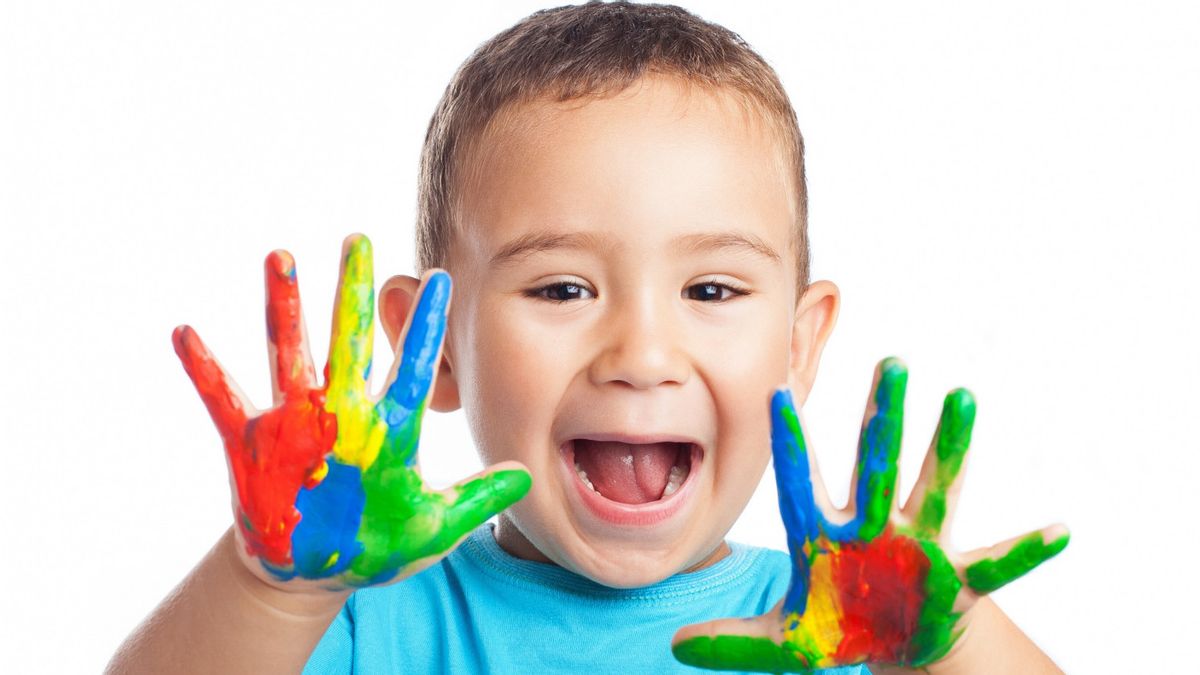YOGYAKARTA Children aged 3-6 years, they are in a pre-school phase that personalityally develops every day. They have an increasing vocabulary, and can express their feelings. This means they are more frequent in tantrums and can communicate what they want, need, and want.
preschoolers have a mood that could change drastically, from cheerfully falling to tears. But they tend to be able to talk about anger or sadness rather than feelings of destruction.
Even though children 3 years old are starting to understand the emotions they feel, they still have a little control over those emotions. If they find something funny, they will laugh hysterically. If something makes them feel sad or angry, they will cry.
At this age, preschoolers haven't developed much impulse control, WebMD reports. They tend to follow up on events that make them feel something. This may mean fighting over toys with other kids or being annoyed when they want to snack even though they have to wait until dinner. If they want something, then they want something at that moment too. They may use punches, bites, or push as a way to resolve the conflict. This is because they don't understand the difference between appropriate and inappropriate interactions.
When your child is 4 years old, they begin to develop a sense of humor. They like to be ridiculous and make people laugh. So don't be surprised if they call their friend "big head" and then laugh hysterically.
Empathy also appears around the age of a 4-year-old child. They begin to understand that other people also have feelings. This age child also understands when a friend feels sad or hurt.
If they are 3 years older they are less control over emotions, at the age of 5 the emotional aspect develops. They are much better at managing their emotions, can communicate their emotions, and better control impulses. They can queue up and ask questions before taking something that doesn't belong to them.
Around this age, preschoolers may start to be interested in sexuality. They may ask where the baby came from. They also began to recognize the body parts, ranging from touching and playing their genitals. This is completely normal, but it's important to tell your 5-year-old child what is appropriate and inappropriate.
Also make sure they understand about the function of their personal part but are not allowed to play by or show it in public. Also make sure other people should not touch their genitals except mother or father during bath time. If someone is sick down there, promise to tell the story with mom or dad in the personal room.
At pre-school age, children's imaginations live. They may chat with imaginary friends, but children use this method to learn how to interact with real people.
The responsibility for children can be imitated by parents. Don't let them use violence as a form of their responsibility to create a sense of security for those around them. In addition, preschoolers long for independence. To foster independence and confidence, keep their lives structured. Give them a choice, for example, give them the choice of the two sets of clothes he wears to play.
SEE ALSO:
That is the emotional development of children at preschool age that parents need to know. By knowing these developments, parents can dig for more references to accompany their children until they are truly independent later. In addition, it is also important to apply certain rules and habits so that their emotional development supports mental health in the future.
The English, Chinese, Japanese, Arabic, and French versions are automatically generated by the AI. So there may still be inaccuracies in translating, please always see Indonesian as our main language. (system supported by DigitalSiber.id)


















